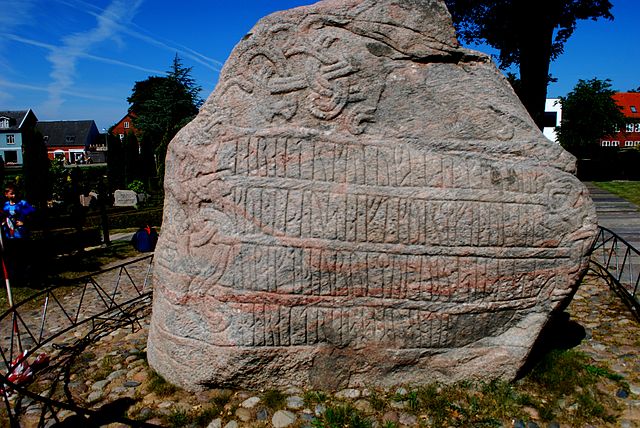The Resurgence of the Gospel, Part Four: The Reconversion of Europe
Bede is important in still another way. Alcuin, Christian adviser to Charlamagne (also known as Charles/Carroll the Great), studied under Bede. On one occasion, he criticized the French ruler on treatment of the Angles and Saxons and compelling the “tribal groups” to accept baptism and become Christians. Charlemagne backed off after being reprimanded. In time, the Angles and Saxons did come to accept the gospel and proved to be strong in their adherence to the gospel.
One other feature of the mission of the Church in Europe was that of establishing Christian communities and houses of worship to foster the sense of community as a people of God. This was done by developing parishes and creating another band of priests referred as “secular” priest as distinct from the “regular” (regula=rule) who were the monastics. The function of the secular was to walk the world with the parishioners and not be separated from them. The houses of worship were referred to “parishes.” Over the passage of years, these men came to be referred to as “pastors” who walked and cared for the sheep.
One other innovation was the stained glass window which frequently pictured Jesus as carrying his sheep. This art form carried a message “Jesus cares for His Own.” Christian nurture became a part of the Christian mission, and developed further over the passage of time.
As for outreach beyond the local and unreached peoples in Europe, the Scandinavians and the Baltic Sea peoples were among the last to respond to the gospel. The Irish and Scots were fearful of the “north men” but through time by contact and trade the Norwegians, Danes, Swedes, and Baltic tribes were exposed to the Christian message. Among the first of the converts was Harald “Bluetooth” Gormsson of Denmark. The “how” of his conversion is not clear. Writers as Widukind of Corvey and Adam of Bremen give conflicting accounts. There is an inscription on runic Jelling stones dated as belonging to the 960’s:
“King Harald bade these memorials to be made for Gorm, his father, and Thyra, his mother. The Harald who won the whole of Denmark and Norway and turned the Danes to Christianity.”

Harald’s runestone in Jelling, Denmark.
Image: Erik Christensen / Wikimedia Commons
The spread of the Gospel in the Scandinavian countries and the Baltic countries does not fit the picture of evangelistic efforts but does fit within the framework of acculturation as when two or more people groups interact with one another either through living close to each other or mutual contact through trade and business. This pattern was repeated throughout the Scandinavian countries and when the Danes invaded England and set up the settlement known as the Danelaw.
The same holds true when the Northmen of Norway invaded northern France and settled a region thereafter referred to as Normandy. It also occurred with the outcome of the Battle between the Danish King Harold in England and William of Normandy. The outcome of that battle was William of Normandy’s victory and the settling of Nor(th)men in England. The Normans’ co-existence with the French and then with the inhabitants of England had far-reaching effects not only culturally but also with respects to the spread of Christian influences.
Last of all, and the most intriguing of circumstances was the discovery of a parish church building in Greenland, which archaeologists have dated as built prior to 1452. It was well attested that Scandinavians were the settlers of Iceland. But interaction with Greenland in the Western Hemisphere and settlement there, however brief it may have been, was not known. It was a startling discovery.
Category: Church History, Spring 2019


